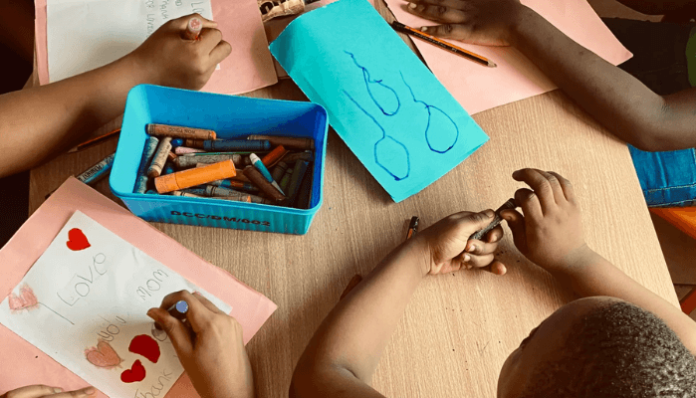Mahatma Gandhi, the revered Indian philosopher and leader, once profoundly stated, “The best way to find yourself is to lose yourself in the service of others.” This timeless wisdom underscores the fundamental truth that a nation’s true identity and progress lie in how well it nurtures and empowers its most vulnerable populations. For Nigeria, this means making substantial investments in inclusive education, ensuring that all children, including those with special needs, receive quality education that enables them to reach their full potential.
The Glaring Gaps in Nigeria’s Education System
Sadly, Nigeria’s current education system is falling short in addressing the needs of children with disabilities. Despite global advancements in inclusive education, special needs children in Nigeria continue to face systemic barriers, ranging from inadequate school infrastructure to a shortage of trained teachers and learning materials tailored to their needs. Experts stress that recognizing and accommodating individual learning differences is crucial, as children do not develop at the same rate or in the same way.
In many developed nations, significant strides have been made in integrating special needs education into mainstream schooling, ensuring that children with autism, Down syndrome, cerebral palsy, and other developmental disabilities receive the support they need to thrive. Unfortunately, Nigeria still lags behind, leaving thousands of special needs children without access to quality education, thereby limiting their opportunities for self-development and meaningful contribution to society.
The Untapped Potential of Children with Disabilities
The misconception that children with disabilities cannot contribute to national development must be challenged and eradicated. Special needs children possess unique talents, intelligence, and perspectives that, when nurtured, can yield incredible results. One striking example is 14-year-old Nigerian-born Kanyeyachukwu Tagbo-Okeke, an autistic artist who recently made history by attempting to break the Guinness World Record for the Largest Art Canvas. His breathtaking masterpiece not only showcased his exceptional talent but also served as a powerful reminder that disability is not inability. His achievement resonated globally, proving that with the right support, children with disabilities can defy expectations and make their country proud.
Parental Struggles and Societal Perceptions
No parent wishes to see their child struggle with developmental disabilities. However, for many families in Nigeria, this reality is compounded by stigma, lack of awareness, and inadequate support systems. Parents of children with autism, Down syndrome, cerebral palsy, and other conditions often find themselves isolated, battling misconceptions that their children are a ‘burden’ rather than valuable members of society.
In a society where education is often regarded as the gateway to a better future, it is disheartening that thousands of special needs children are denied this fundamental right due to poor policy implementation and societal neglect. While some private institutions provide specialized education, the cost is often exorbitant, making it inaccessible to the majority of families.
The Way Forward: Investing in Inclusive Education
For Nigeria to truly find itself and reach its full potential, it must take bold steps toward inclusivity in education. The government, private sector, and civil society must collaborate to:
- Revamp Policies on Special Needs Education: Existing education policies must be revised and strengthened to ensure they are effectively implemented, with clear guidelines on inclusivity.
- Improve Teacher Training and Curriculum Development: Educators must be adequately trained to support and teach children with disabilities. Teaching methods should be tailored to different learning styles to cater to special needs students effectively.
- Invest in Infrastructure and Learning Aids: Schools must be equipped with facilities that accommodate children with disabilities, including wheelchair ramps, assistive technology, and special learning materials.
- Raise Public Awareness and Advocacy: It is crucial to educate society about disabilities and promote acceptance and inclusion, breaking down stigmas that hinder the development of special needs children.
- Provide Scholarships and Financial Assistance: Many families cannot afford specialized education for their children. Government and corporate bodies should offer scholarships and funding opportunities to bridge this gap.
Conclusion: A Call to Action
The universal trend in education is shifting toward inclusivity, recognizing that every child, regardless of ability, deserves a chance to learn and thrive. Nigeria cannot afford to remain stagnant while other nations make progress in disability-inclusive education. Investing in special needs education is not just about fulfilling a moral obligation; it is about unlocking the potential of thousands of children who can contribute meaningfully to society if given the right opportunities.
If Nigeria truly seeks national progress, it must begin by breaking barriers and building bridges for its special needs children. The time to act is now.


